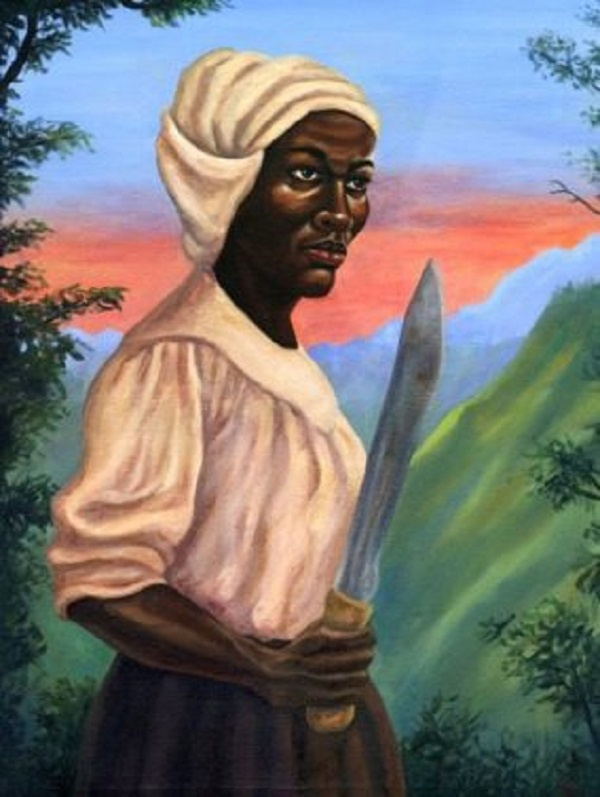
Queen Nanny by Painter Kavionart
Every year on April 20th, the vibrant community of Moore Town in Jamaica bursts into celebration. Drums echo through the hills, voices sing songs of freedom, and the spirit of resilience fills the air. This day marks more than just a holiday; it commemorates the indomitable spirit of Queen Nanny, the revered leader of the Jamaican Maroons.
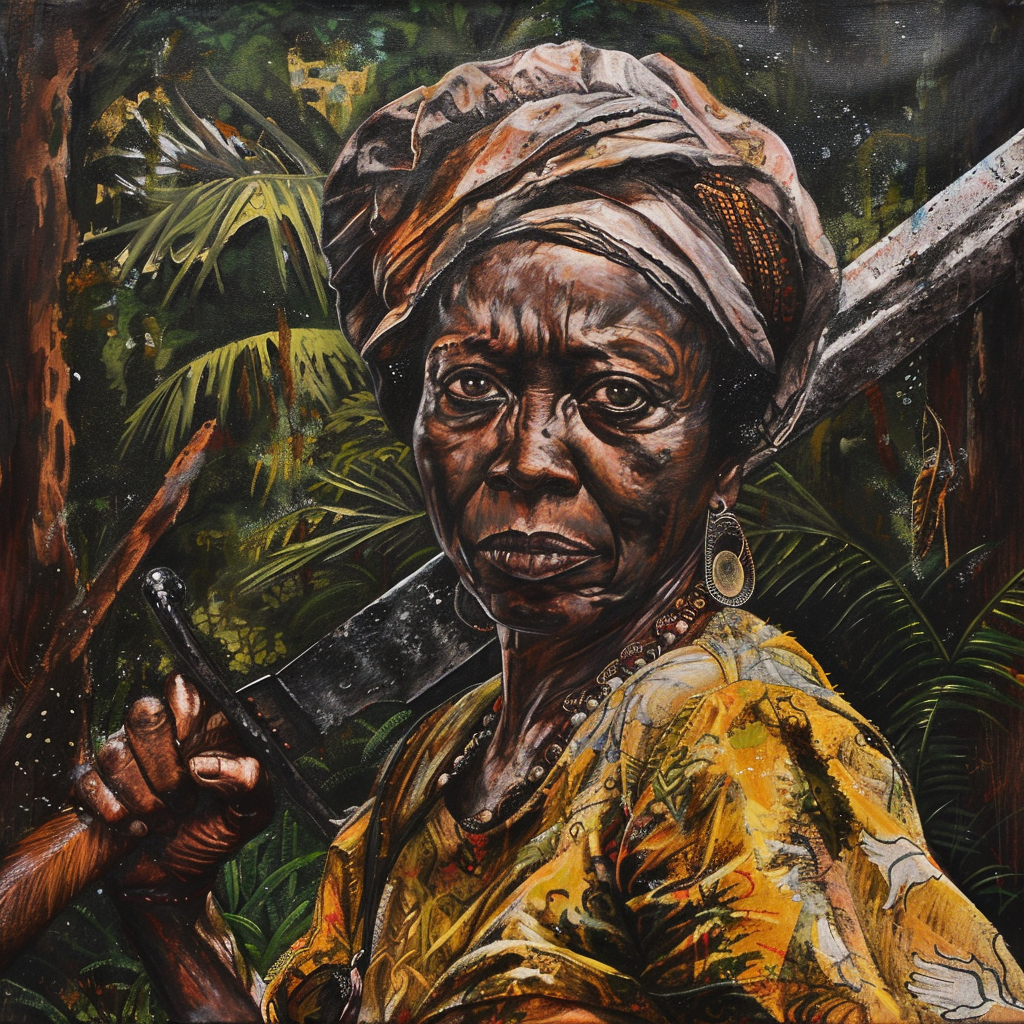
The history of Queen Nanny and the Maroons is one of courage, resistance, and triumph over adversity. In the early 18th century, Queen Nanny led a community of formerly enslaved Africans, known as the Windward Maroons, in a relentless guerrilla war against British colonial forces. Despite facing formidable odds, Queen Nanny and her followers fought fiercely, using both their mastery of guerrilla warfare and their spiritual beliefs to defend their freedom.
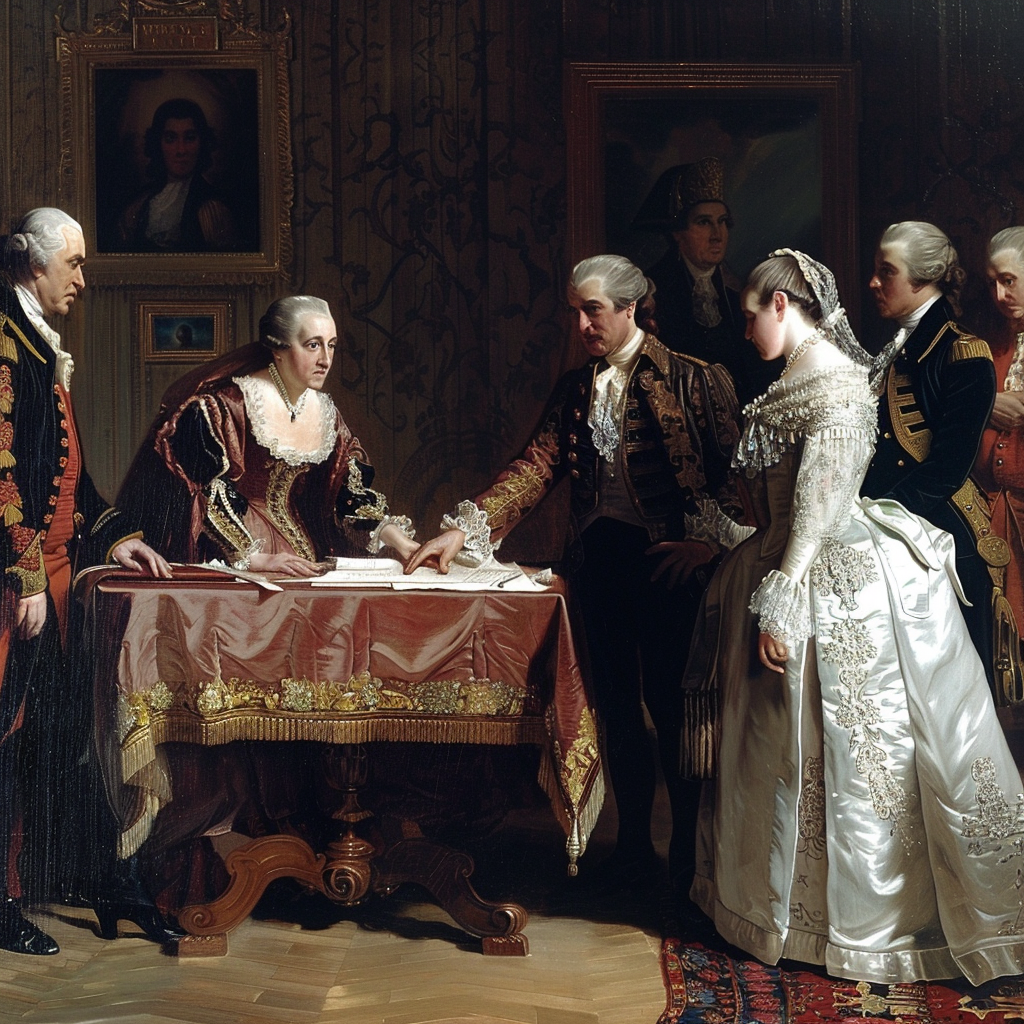
On April 20, 1740, the British, unable to defeat the Maroons, were compelled to sign a peace treaty with them (Some said though Nanny opposed this treaty). This historic treaty not only ended hostilities but also granted sanctioned freedom to the Maroons. As part of the agreement, Queen Nanny and her followers were awarded 500 acres of land, where they built the village of Moore Town, also known as New Nanny Town. Today, Moore Town stands as a living testament to the resilience and endurance of the Maroon community.

For modern members of Moore Town, April 20th holds profound significance. It is a day to honor Queen Nanny's legacy, to reflect on the sacrifices of their ancestors, and to celebrate their vibrant culture. Through songs, storytelling, and traditional ceremonies, the Maroons keep their history alive, ensuring that future generations never forget the struggles and triumphs of those who came before them.
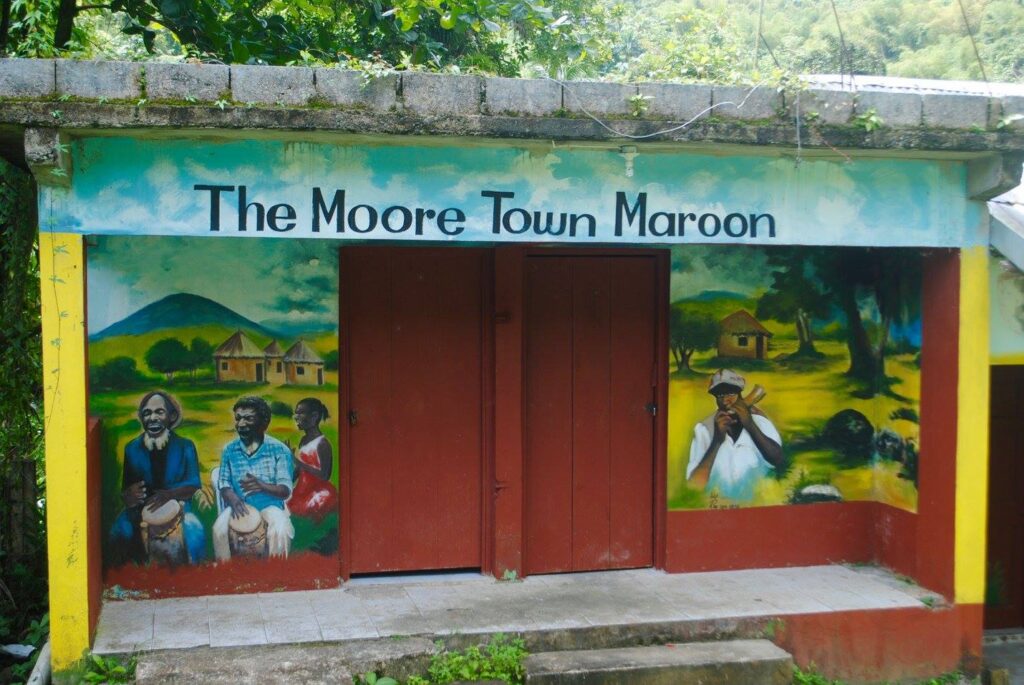
However, Queen Nanny's legacy is not without controversy. In recent years, there has been debate and discussion surrounding her role in Jamaican history. Some have questioned whether she should be revered as a national hero, citing the Maroons' collaboration with colonial forces in suppressing slave rebellions. These criticisms highlight the complexities of Jamaica's history and the need for a nuanced understanding of the past.
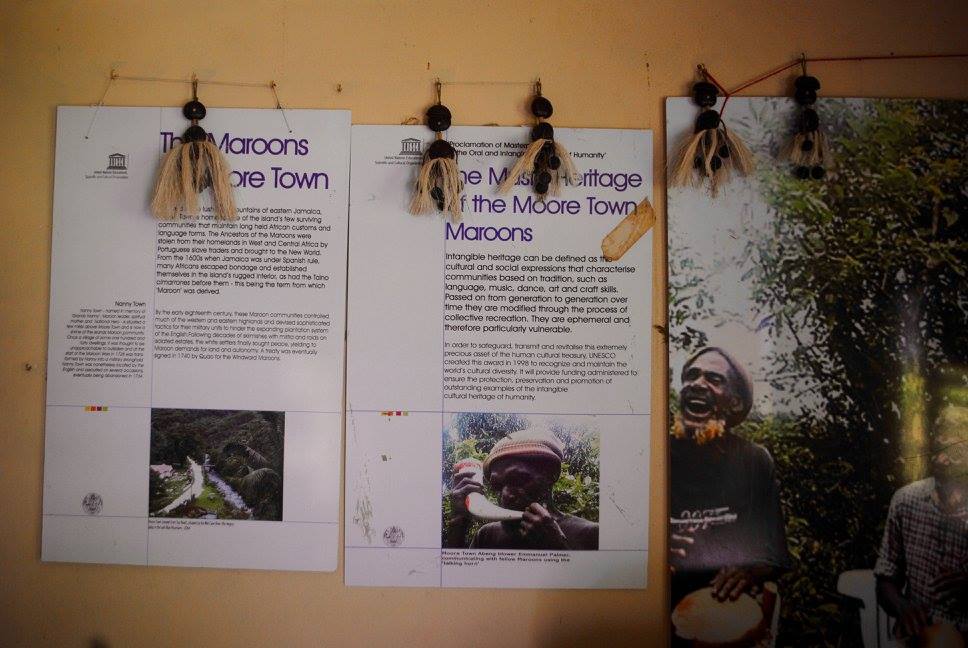
Despite these debates, Queen Nanny remains a symbol of strength, resilience, and liberation for many Jamaicans. Her image adorns the Jamaican $500 bill, and monuments in her honor can be found throughout the country. Each October, on Jamaican National Heroes Day, she is celebrated alongside other revered figures who have shaped the nation's history.

Queen Nanny's story serves as a reminder of the power of resistance and the enduring legacy of those who have fought for freedom. As we commemorate April 20th and honor her memory, let us also reflect on the ongoing struggles for justice and equality, both in Jamaica and around the world. Queen Nanny's spirit lives on in the hearts of all who continue to strive for a better future.
